The manufacturing industry is undergoing a seismic shift, propelled by the rapid evolution of robotics and automation technologies. These advancements have unlocked unprecedented levels of efficiency, precision, and innovation. Amid this transformative landscape, a key player emerges: the Robotic System Integrator (RSI). Read More…
A recognized leader in automated assembly products. Stay competitive with Dixon's robotic screwdrivers, auto-fed screw & nut drivers, auto-fed part placers, parts feeding systems & assembly cells, including robotic assembly & vision. Every Dixon product is manufactured to assure accuracy & dependability for repetitive assembly. Dixon supports Machine Integrators with assembly products & stations. ...
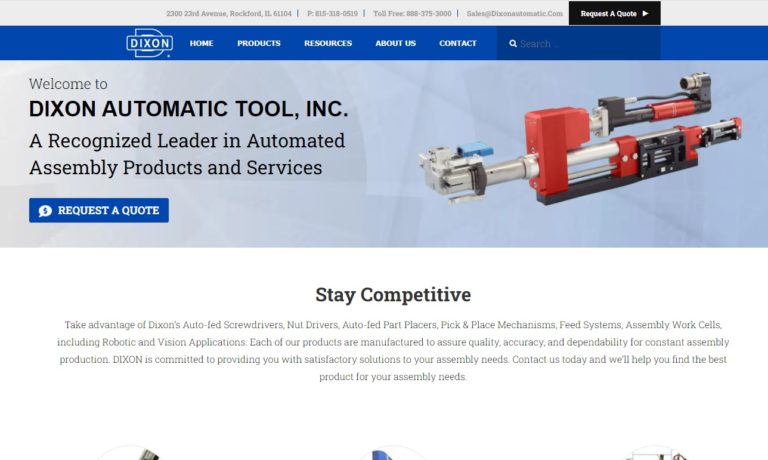
Invio Automation is a leading comprehensive AGV, AMR, and robotics integrator with 10 engineering and support sites throughout North America. We specialize in heavyweight and assembly line applications.
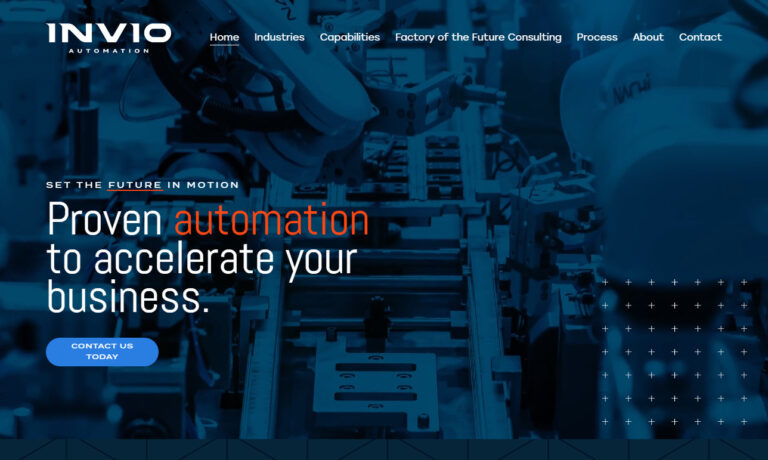
Advent design has been in business for over 35 years providing custom automation solutions, engineering, integration solutions and machine safety services. Contact us today to discuss your project needs and see how we can help you achieve your goals.
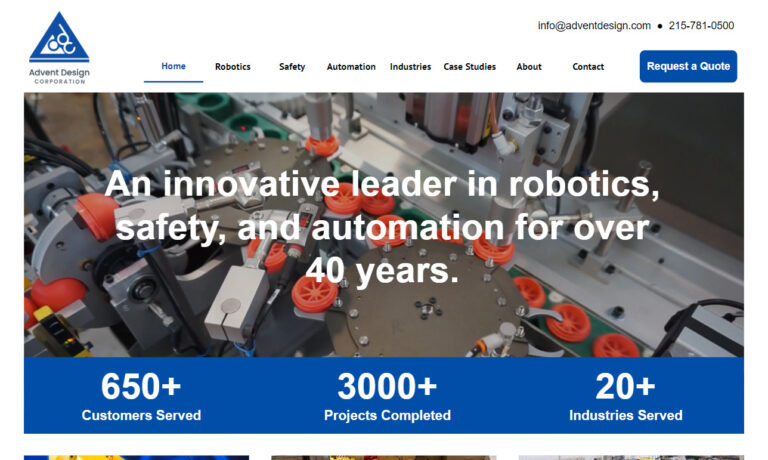
Since 1982, Isotech has been a leader in the automation equipment industry. You can trust the accuracy of our solutions. Our experts at Isotech are always available to assist you with your needs. Feel free to contact us today to learn more information!
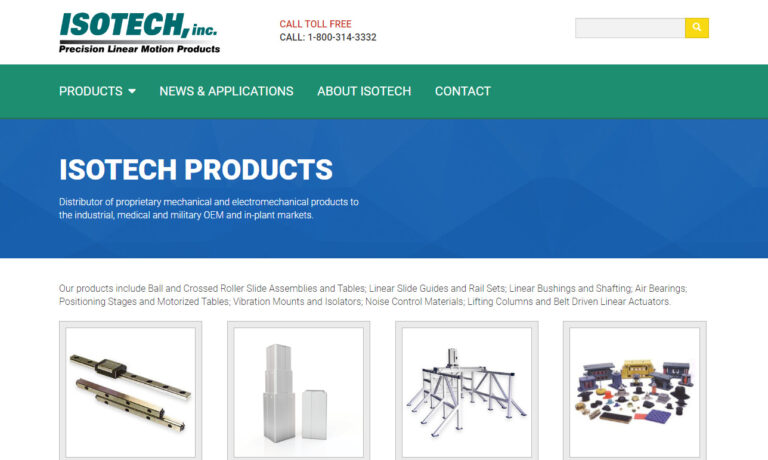
We have an extensive selection of products to pick from and we are confident we can find the perfect solution for your application. Our world-class items are proven for reliability and longevity. You can count on us to supply you with the best.
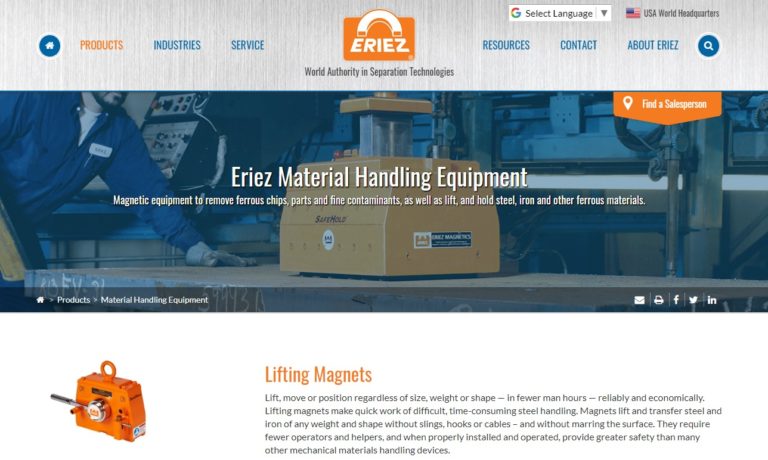
Del-Tron Precision is your one-stop shop for ball & crossed roller slides, multi-axis positioning and motor-ready lead screw stages, air actuators, recirculating slide guides and crossed roller rail sets. Custom linear slides are available.
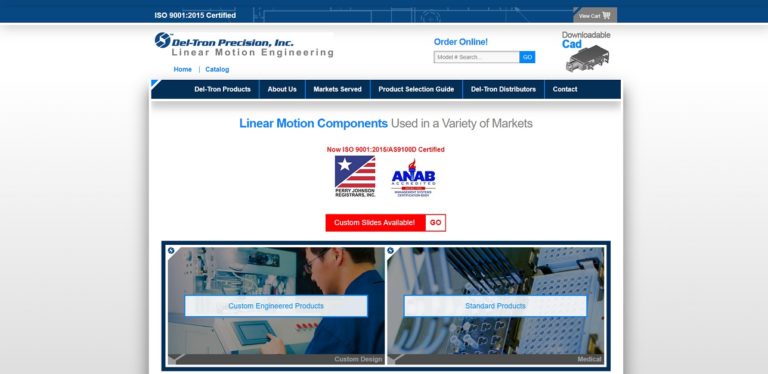
More Robotic System Integrator Manufacturers
RSIs play a critical role in seamlessly combining robotics into manufacturing processes, acting as the bridge connecting manufacturers and cutting-edge robotic technology.
The Versatile Role of Robotic System Integrators
Robotic System Integrators wield a diverse array of expertise, spanning robotics, automation, engineering, programming, and project management. Their central mission is to bridge the gap between manufacturers seeking operational enhancements and the untapped potential of robotic systems.
Comprehensive Ecosystem Understanding and Process Evaluation
At the core of an RSI's engagement lies a comprehensive evaluation of the entire manufacturing ecosystem. Working closely with manufacturers, RSIs delve deep into the intricacies of the production process, from initial raw materials to final products. This requires a holistic understanding of workflows, material flows, kinematics, and the interplay between different machinery components.
During this stage, the RSI identifies automation opportunities by analyzing processes that stand to benefit from robotic intervention. Factors such as reducing cycle times, improving precision, and enabling human-robot collaboration are meticulously examined. This process necessitates a keen grasp of the manufacturer's operational objectives and industry-specific challenges.
Tailored Design and Engineering Excellence
Following the evaluation, RSIs embark on a journey of design and engineering, blending creativity with technical prowess. This phase involves a meticulous selection process for robotic components, encompassing arms, grippers, sensors, and controllers. These choices are carefully tailored to align with the distinct requirements of the manufacturing process.
State-of-the-art computer-aided design (CAD) tools are harnessed to generate digital representations of the proposed robotic systems. By incorporating kinematic models, simulations, and virtual prototypes, RSIs gain insights into the interactions between robots, humans, and other machinery. This iterative design process ensures optimal spatial utilization and efficient task allocation.
Seamless Integration and Precision Programming
The pinnacle of the RSI's role is the seamless integration and programming of robotic systems. This stage demands expertise in robotics programming languages, motion planning algorithms, and real-time control systems. The RSI orchestrates the harmonious synchronization of multiple robots and peripheral devices, creating a synchronized interplay of motion.
The complexity deepens when handling collaborative robots (cobots), as the RSI must program them to work safely and effectively alongside human operators. This involves setting force and torque limits, implementing collision avoidance strategies, and designing intuitive human-robot interfaces.
Thorough Testing, Validation, and Beyond
Before deployment, RSIs engage in meticulous testing and validation processes. Simulations, powered by precise physics engines, replicate real-world scenarios to anticipate challenges and preempt potential issues. Through iterative testing, RSIs fine-tune control algorithms, optimize trajectories, and establish mechanisms for error recovery.
Validation extends to physical testing in controlled environments. This entails monitoring the robot's performance across diverse operational conditions, stress-testing responsiveness, and validating safety protocols. The aim is to ensure that the integrated solution aligns with predefined performance benchmarks.
Education, Maintenance, and Unceasing Advancement
RSIs transcend their role as implementers to become educators, training manufacturers' personnel to interact with and oversee robotic systems. Comprehensive training programs cover areas such as robot operation, troubleshooting, and maintenance, empowering manufacturers to independently manage day-to-day operations.
RSIs' involvement extends beyond deployment. They offer ongoing support, maintenance, and continuous improvement services. This encompasses software updates, algorithm refinement for optimal performance, and integration of emerging technologies to keep the system at the forefront of efficiency and innovation.
Leveraging the Expertise of Robotic System Integrators
The industrial landscape is as diverse as it is dynamic, with each sector facing its own unique challenges and opportunities. In this context, Robotic System Integrators (RSIs) emerge as invaluable partners, offering tailor-made solutions to address industry-specific demands. Collaborating with RSIs provides manufacturers with a strategic advantage, enabling them to harness the full potential of robotics while navigating the intricacies of their particular sector. Industry-Focused Insights and Solutions.
RSIs possess a profound understanding of various industries, spanning automotive, electronics, pharmaceuticals, and beyond. This sector-specific knowledge allows RSIs to identify pain points and inefficiencies unique to each industry. By immersing themselves in the nuances of different sectors, RSIs are equipped to craft solutions that align precisely with industry challenges.
From stringent quality control requirements in pharmaceuticals to just-in-time production demands in automotive manufacturing, RSIs adeptly tailor robotic systems to optimize processes within the context of specific industries. This ability to provide solutions that speak directly to sector-specific needs ensures that manufacturers gain a competitive edge while maintaining compliance with industry standards.
Navigating Regulatory Landscapes
Different industries often operate within distinct regulatory frameworks, from safety standards to environmental regulations. RSIs are well-versed in navigating these complex landscapes, ensuring that robotic systems adhere to relevant regulations and standards. This includes integrating safety features that align with industry-specific guidelines, such as cleanroom protocols in semiconductor manufacturing or hazardous material handling in chemical industries.
Collaborating with RSIs allows manufacturers to confidently embrace automation without compromising on regulatory compliance. RSIs' expertise in incorporating safety measures and meeting industry-specific requirements ensures a seamless transition to automated processes within the bounds of industry regulations.
Harnessing Emerging Technologies
Industries are not static; they evolve in response to technological advancements and changing market demands. RSIs stay attuned to emerging technologies that impact various sectors. This proactive approach enables manufacturers to future-proof their operations by adopting innovative solutions that keep them ahead of the curve.
For example, the integration of artificial intelligence (AI) and machine learning can revolutionize quality control processes in the food and beverage industry. Similarly, the application of augmented reality (AR) can enhance training and maintenance practices in aerospace manufacturing. RSIs, armed with an understanding of these emerging technologies, collaborate with manufacturers to implement solutions that drive efficiency and innovation within their industries.
Collaborative Industry Networks
RSIs often foster collaborative networks within specific industries. These networks facilitate knowledge sharing, best practice dissemination, and cross-industry learning. By tapping into these networks, manufacturers gain access to a wealth of industry-specific insights, trends, and innovative solutions that can further enhance their operational excellence.
Collaborating with RSIs not only provides access to cutting-edge technology but also connects manufacturers with a broader ecosystem of industry players, including suppliers, experts, and thought leaders. This collaborative environment encourages continuous improvement and the exchange of ideas, fostering an environment of mutual growth and advancement.
In a world defined by diverse industries and ever-evolving challenges, the partnership between manufacturers and Robotic System Integrators offers a powerful means of navigating industry-specific needs. By tapping into RSIs' sector expertise, regulatory knowledge, technological insights, and collaborative networks, manufacturers can optimize their operations and achieve sustained success within their respective industries.

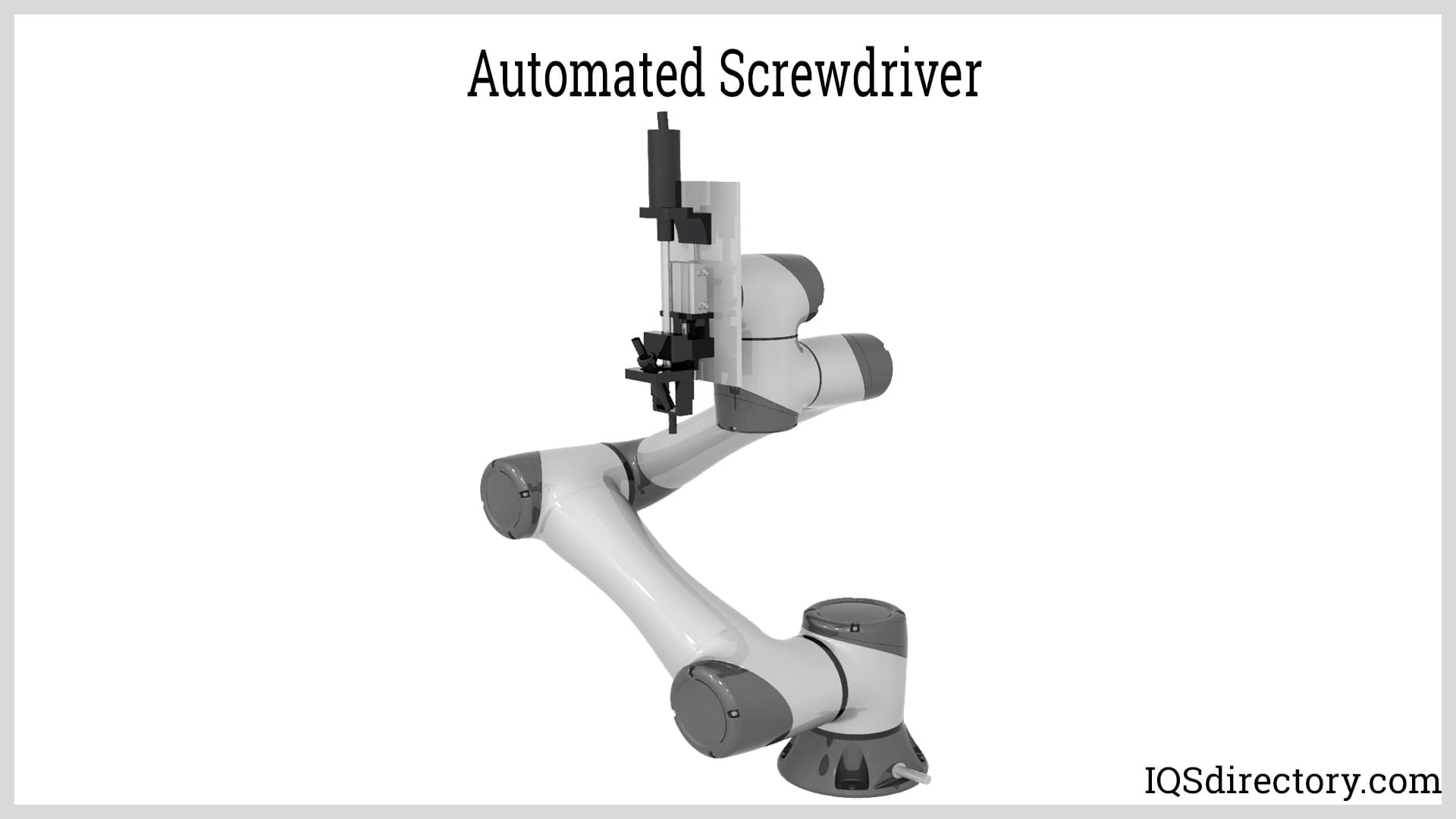
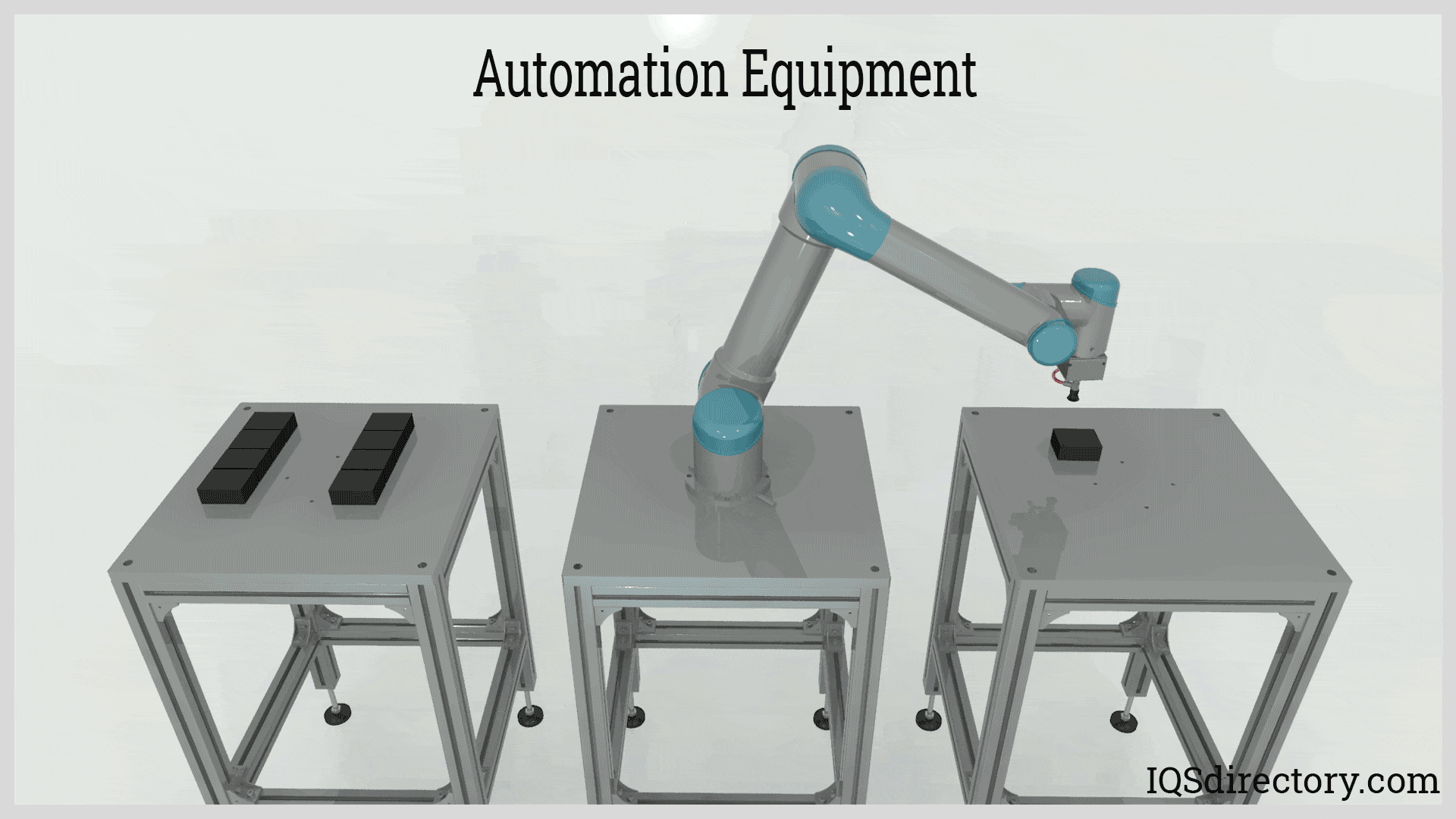
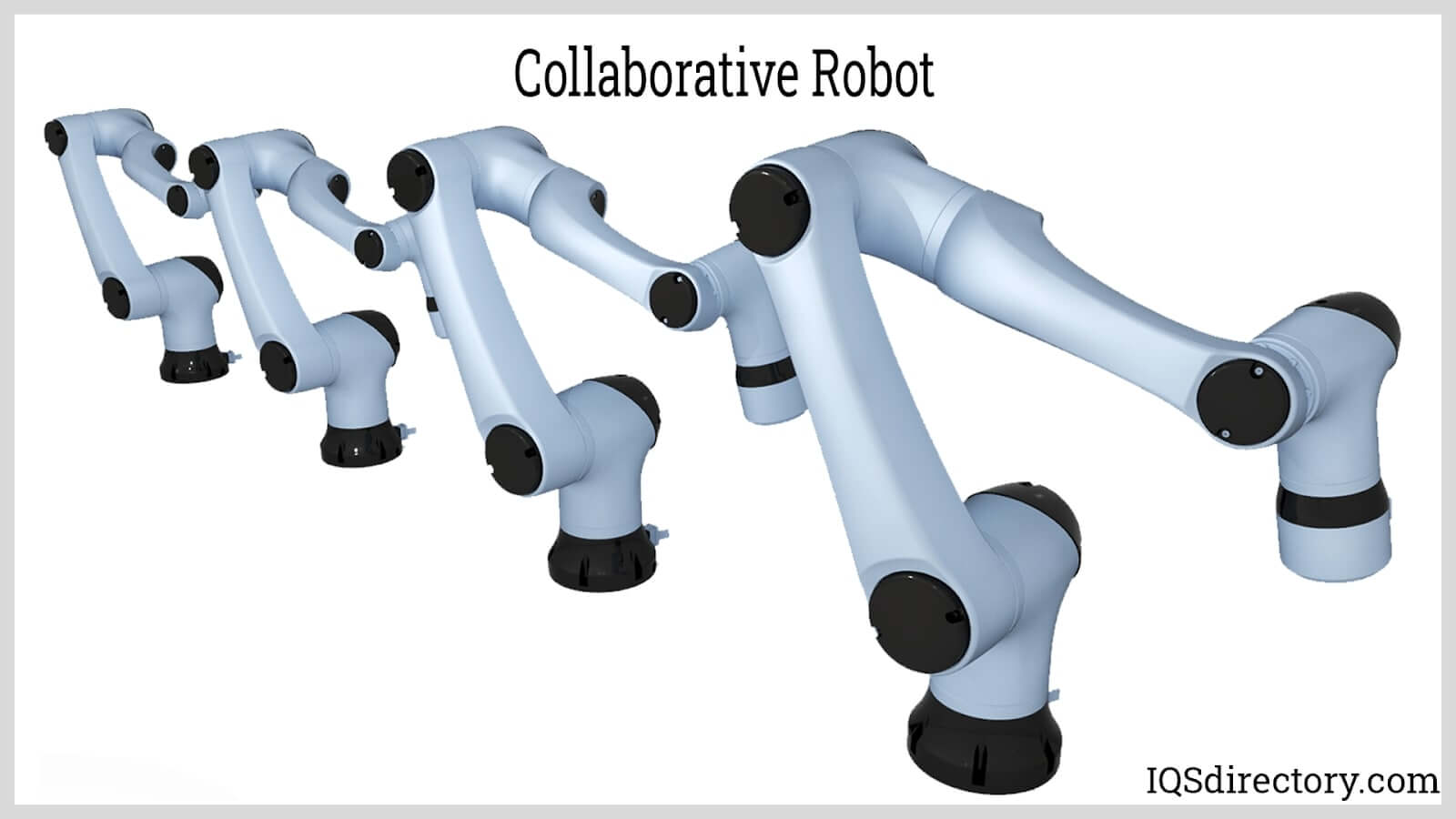
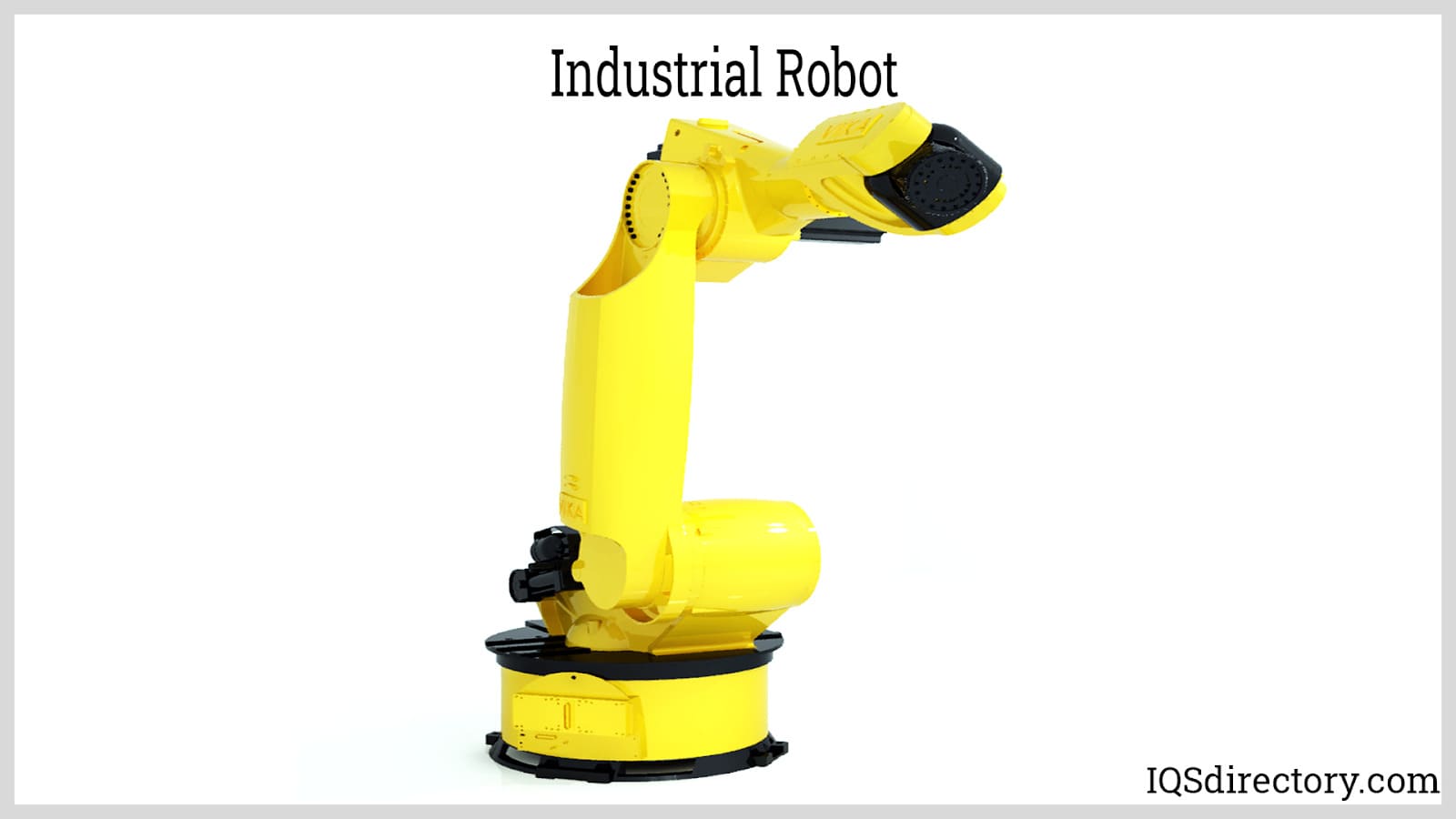
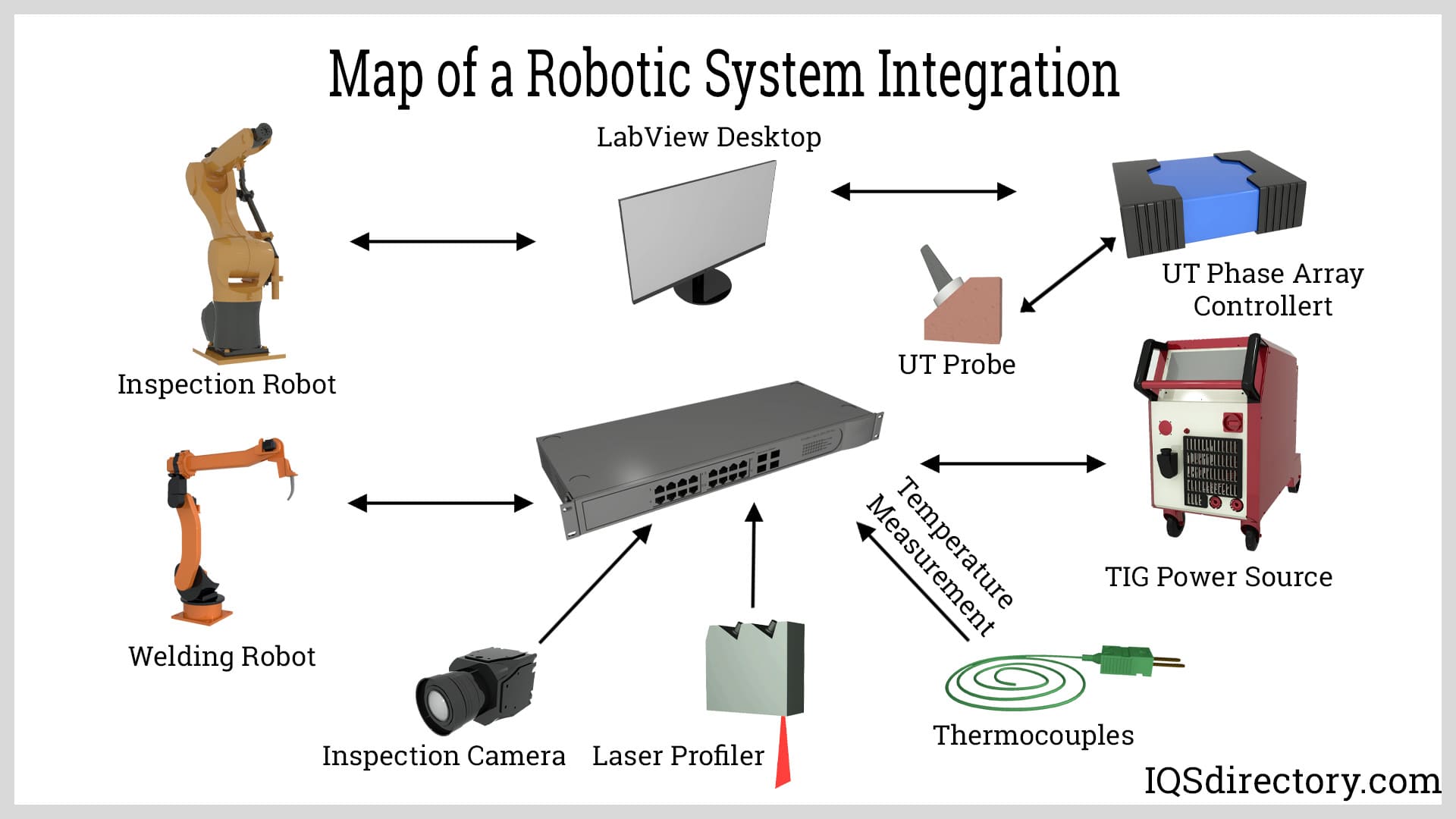
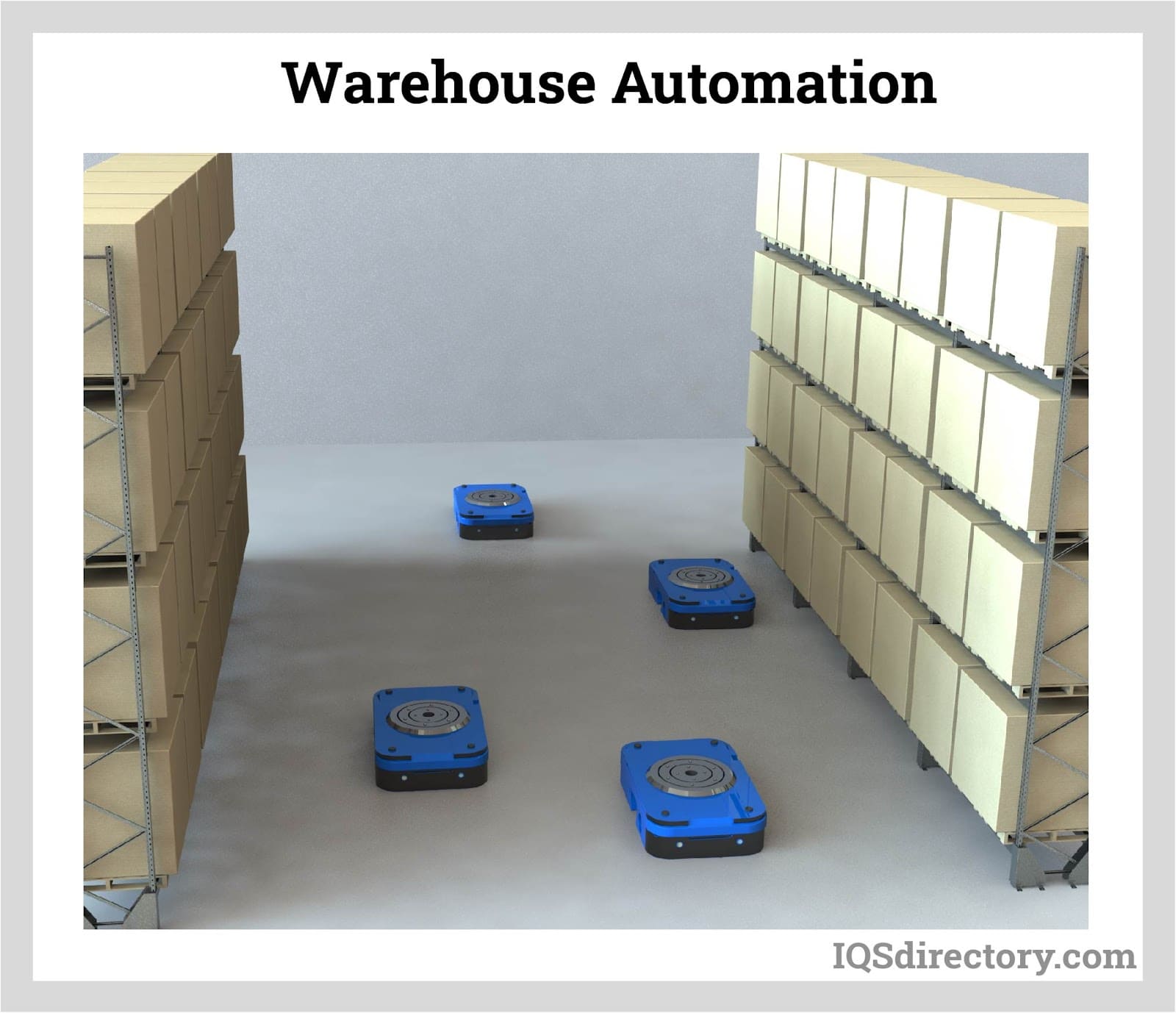
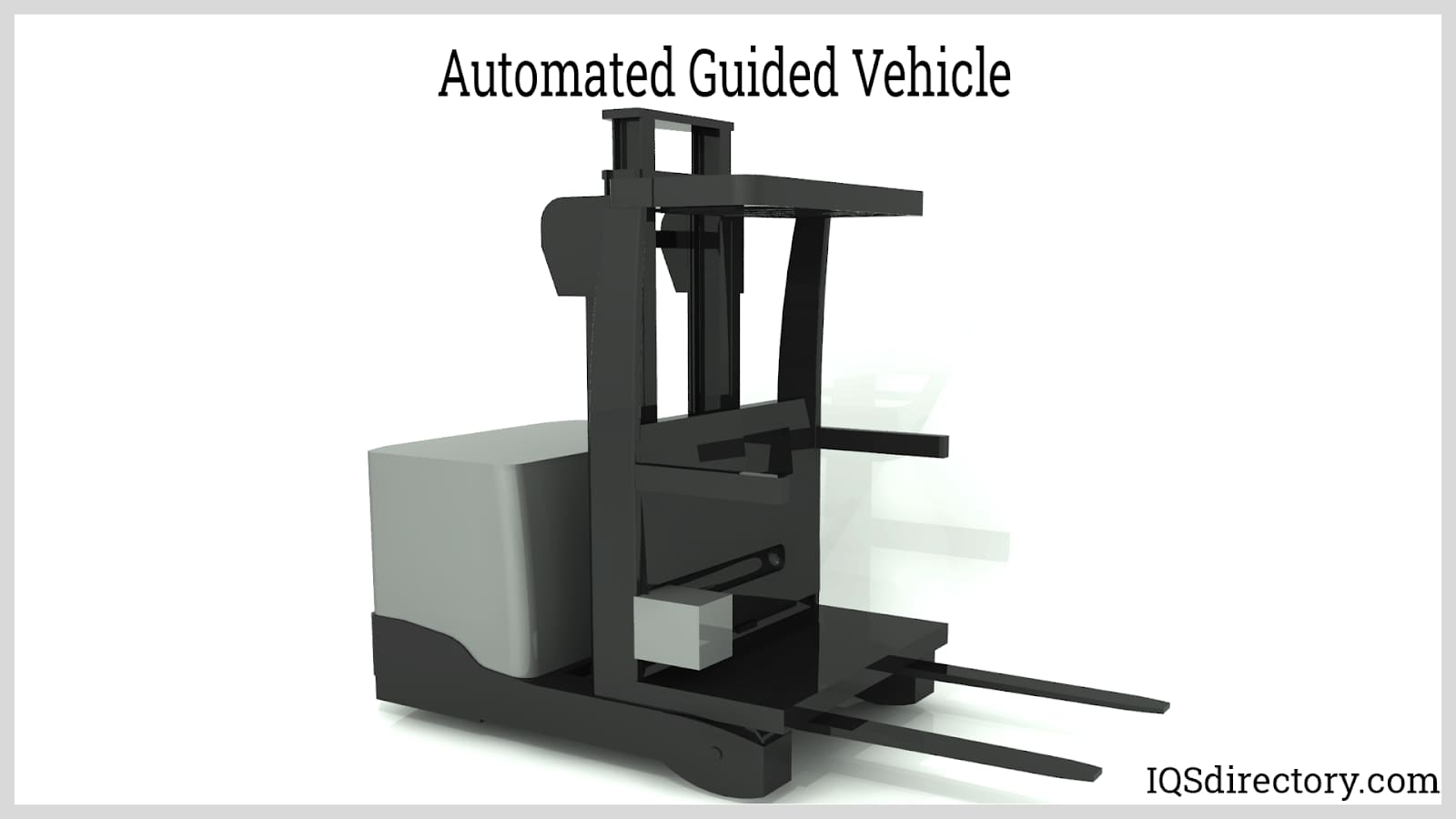
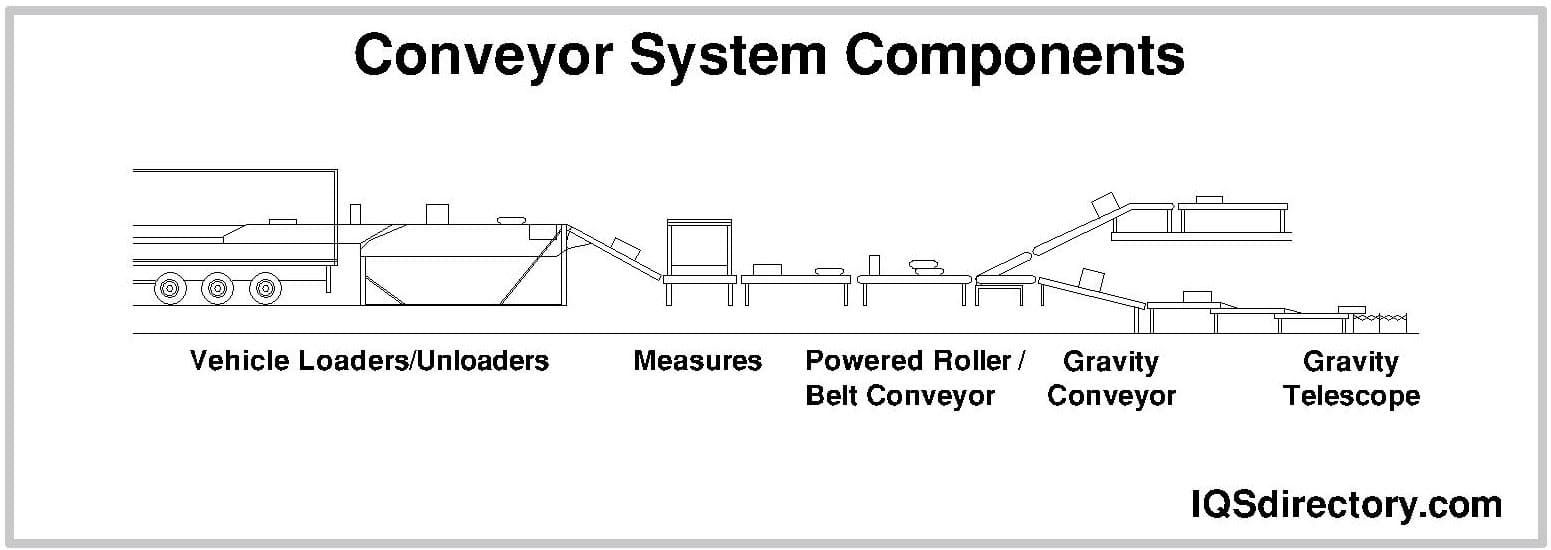
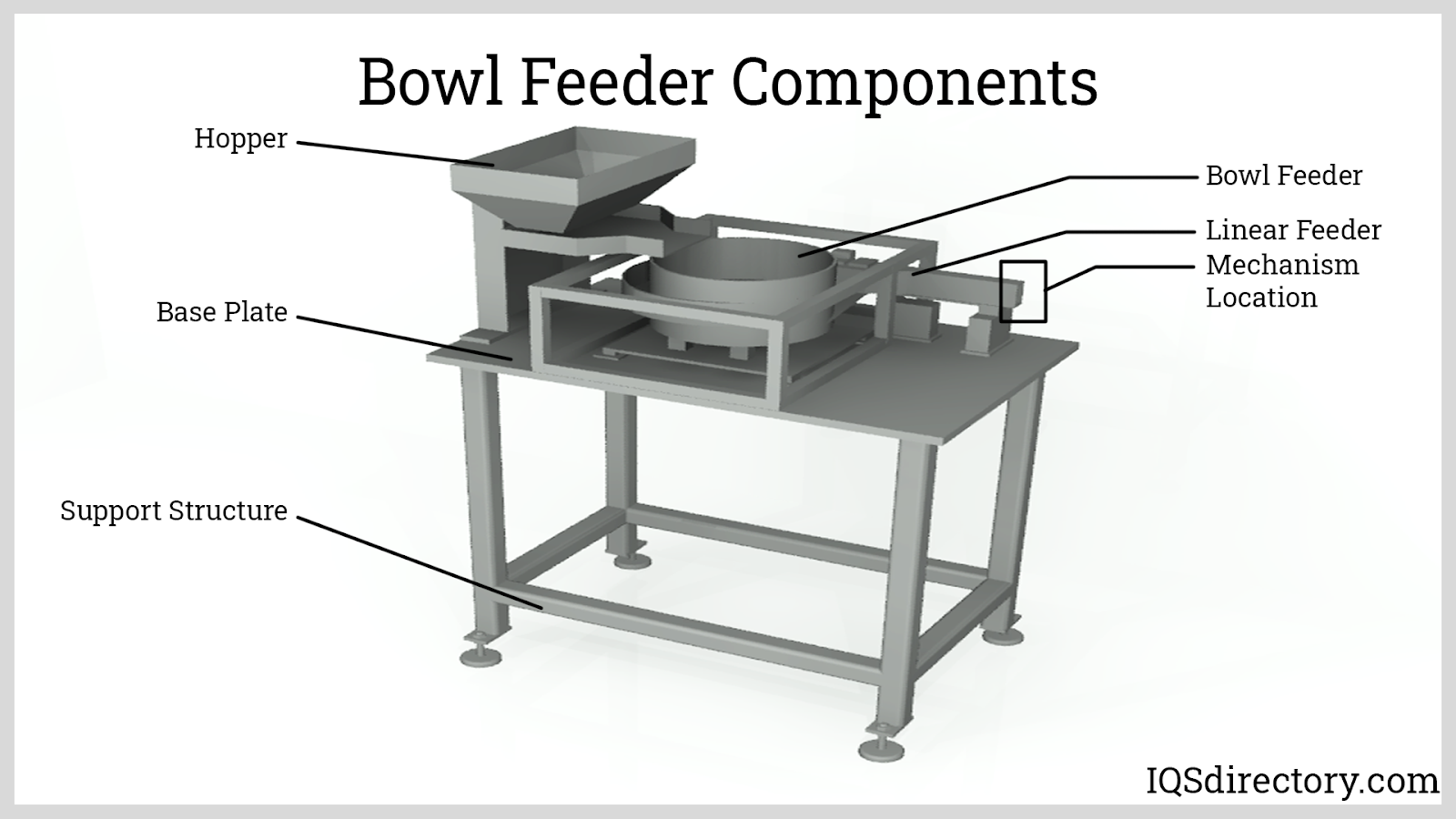
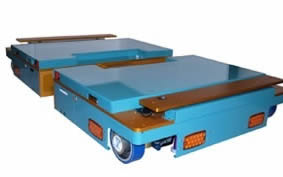 AGVs
AGVs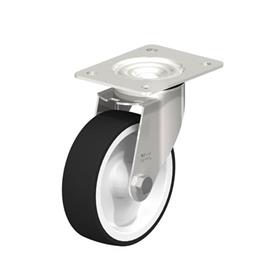 Casters
Casters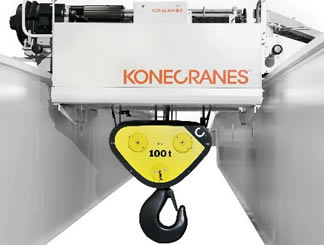 Cranes
Cranes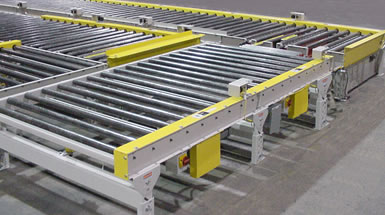 Conveyors
Conveyors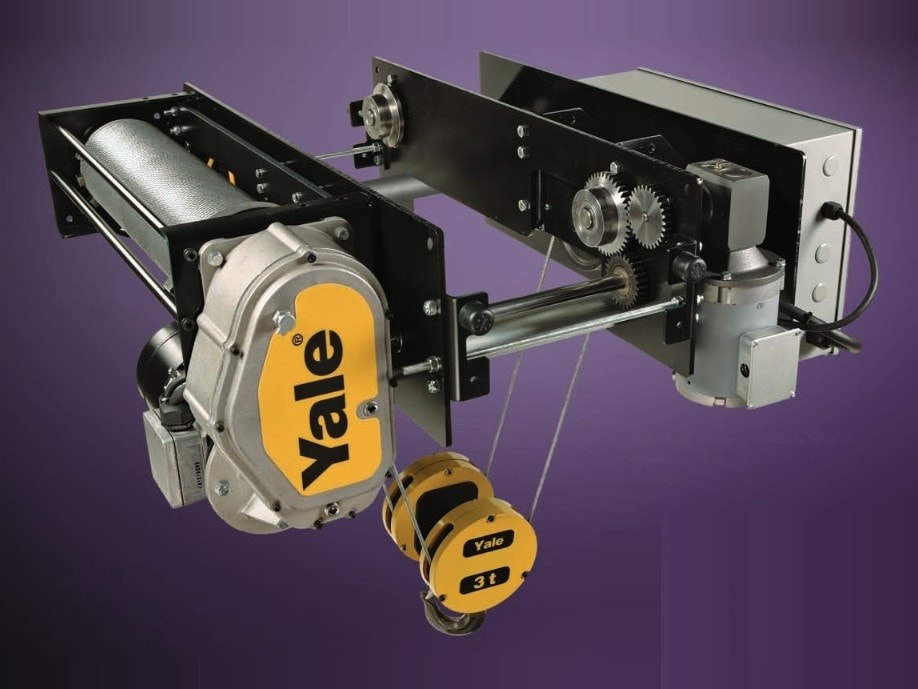 Electric Hoists
Electric Hoists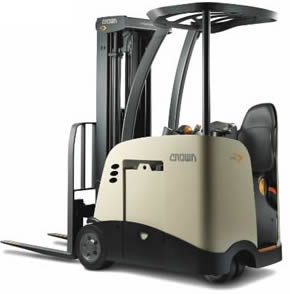 Forklifts
Forklifts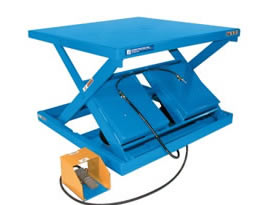 Hydraulic Lifts
Hydraulic Lifts Platform Lifts
Platform Lifts Castings & Forgings
Castings & Forgings Bulk Material Handling
Bulk Material Handling Electrical & Electronic Components
Electrical & Electronic Components Flow Instrumentation
Flow Instrumentation Hardware
Hardware Material Handling Equipment
Material Handling Equipment Metal Cutting Services
Metal Cutting Services Metal Forming Services
Metal Forming Services Metal Suppliers
Metal Suppliers Motion Control Products
Motion Control Products Plant & Facility Equipment
Plant & Facility Equipment Plant & Facility Supplies
Plant & Facility Supplies Plastic Molding Processes
Plastic Molding Processes Pumps & Valves
Pumps & Valves Recycling Equipment
Recycling Equipment Rubber Products & Services
Rubber Products & Services